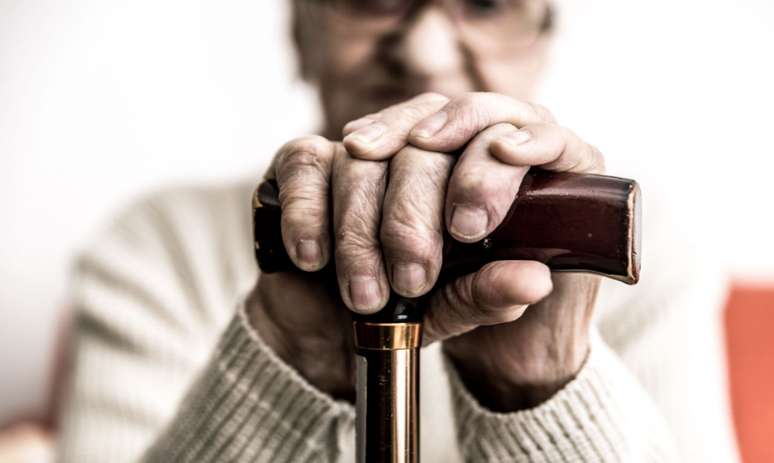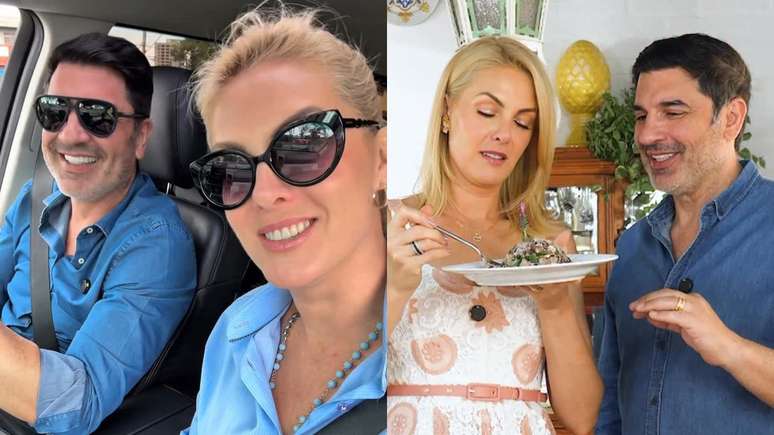Research conducted on mice has shown that aging is associated with factors that influence DNA expression. Understand what the study says
The aging process is absolutely natural and inevitable. At least until then it seemed inevitable. This is because a team of researchers from Harvard University, in the United States, seems to have discovered a way to reverse this process. The study used repairs in the DNA of mice and was published in January in the scientific journal Cell.
“For a long time it was believed that changes in the DNA itself, called mutations, were the main cause of aging. But the results of this study support another hypothesis: the aging process is linked to changes that affect the expression of DNA, called epigenetics,” says Dr. Cintia Guedes, dermatologist and member of the Brazilian Society of Dermatology (SBD).
The expert explains that epigenetics is a set of environmental factors that modify the behavior of genes. This happens without necessarily causing changes to the DNA sequence. “These factors may include, for example, diet, exposure to pollutants, smoking, obesity, stress and physical activity,” adds Cintia.
How do researchers reverse aging?
The researchers created temporary, rapidly regenerating cuts in the DNA of mice to simulate the effect that certain environmental and lifestyle factors have on the epigenetic pattern of DNA.
Such cuts caused changes and, consequently, malfunctions in the mice’s epigenetic model. This made them look older, while also showing an increase in biomarkers of aging.
The scientists then performed gene therapy on animals to reverse the epigenetic changes. They restored the epigenetic pattern and thus reversed the aging undergone by the mice.
“Researchers have observed that, by activating a series of genes normally activated during embryogenesis, that is, during embryonic development, it is possible to safely reverse the aging process by more than 50%. This is because such genes cause a process that Although it is not yet well understood, it is capable of reversing biological age and restoring tissue function. Restoration would, for example, reverse the deterioration of vision, the decrease in attention span and the weakening of skin tissue”, underlines the dermatologist.
The effect on humans
While this is not the first time studies have used epigenetics to study aging, researchers believe this is the first study to point to epigenetic change as the primary driver of aging in mammals. “For example, previous research has shown that epigenetics can demonstrate a person’s biological age. That is, the actual age of our organism and the rate at which we age, as opposed to the chronological age, the one that we count according to the calendar” , says the doctor.
It is also worth pointing out that the present study has its limitations. Like, for example, the fact that it was made with mice. Therefore, further research needs to be conducted to test the findings in larger mammals or even humans.
“However, the research proves to be of great relevance in transforming the way we view the aging process and the way we approach the treatment of signs that appear as we age. After all, it is the first study to demonstrate that we can control the needs and biological age of a complex animal, and can increase or decrease it depending on the needs”, underlines Cintia.
Is it possible to delay aging naturally?
But we don’t need to wait for more research to emerge to start taking action on how quickly we age. There is extensive scientific literature showing measures that can delay aging. And it’s simpler than it sounds.
“When it comes to reversing our biological age, small lifestyle changes can have a big impact. For example, try adopting a diet rich in nutritious foods, including lots of vegetables, herbs and spices, such as beetroot, saffron and green tea, which have the ability to rejuvenate our genetic expression. Also, try to exercise regularly, reduce stress levels and sleep well”, advises the doctor.
Source: Terra
Ben Stock is a lifestyle journalist and author at Gossipify. He writes about topics such as health, wellness, travel, food and home decor. He provides practical advice and inspiration to improve well-being, keeps readers up to date with latest lifestyle news and trends, known for his engaging writing style, in-depth analysis and unique perspectives.








